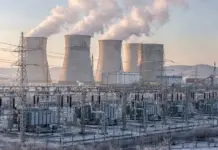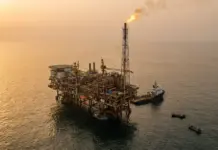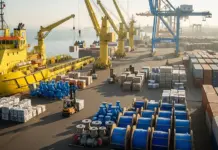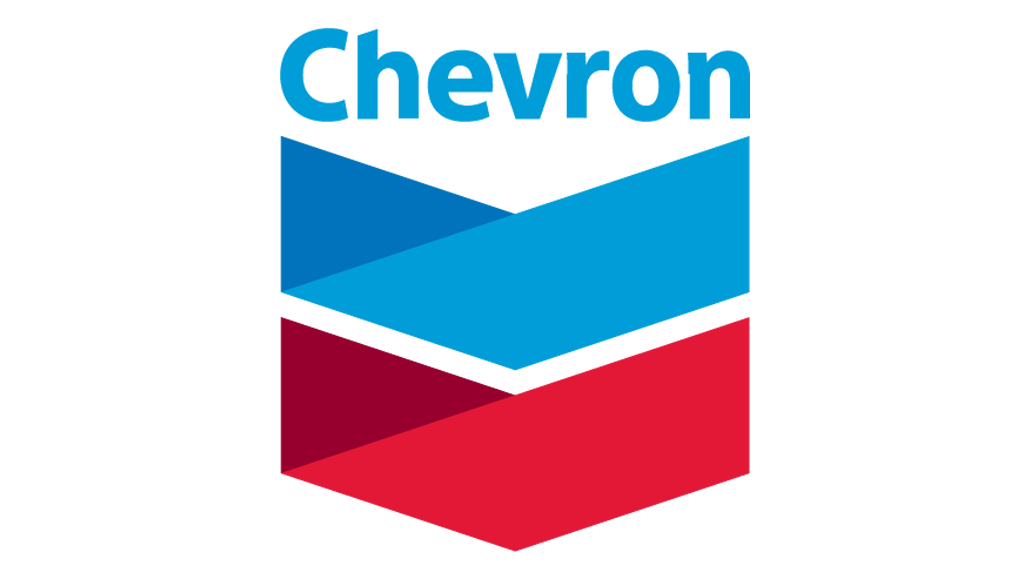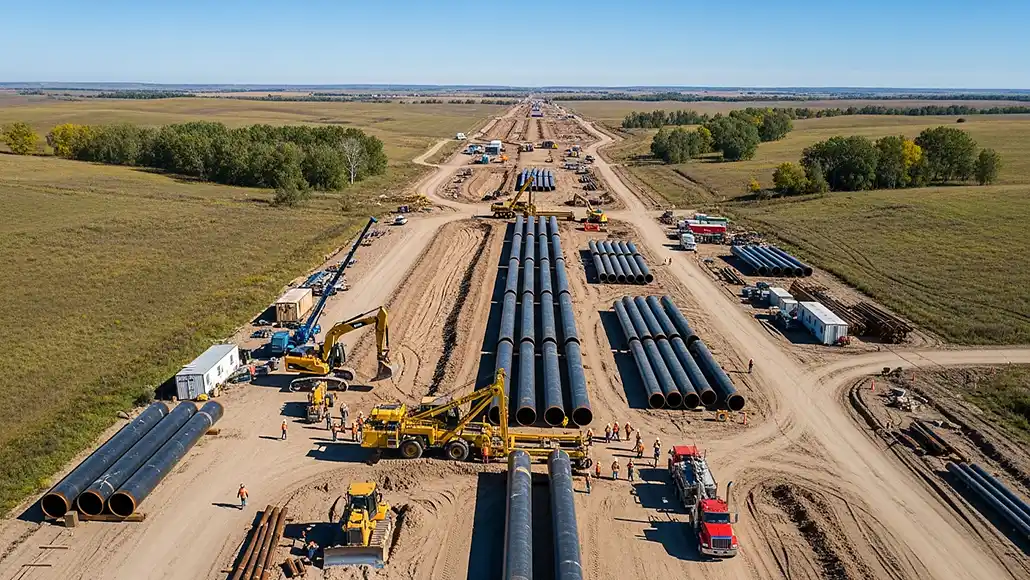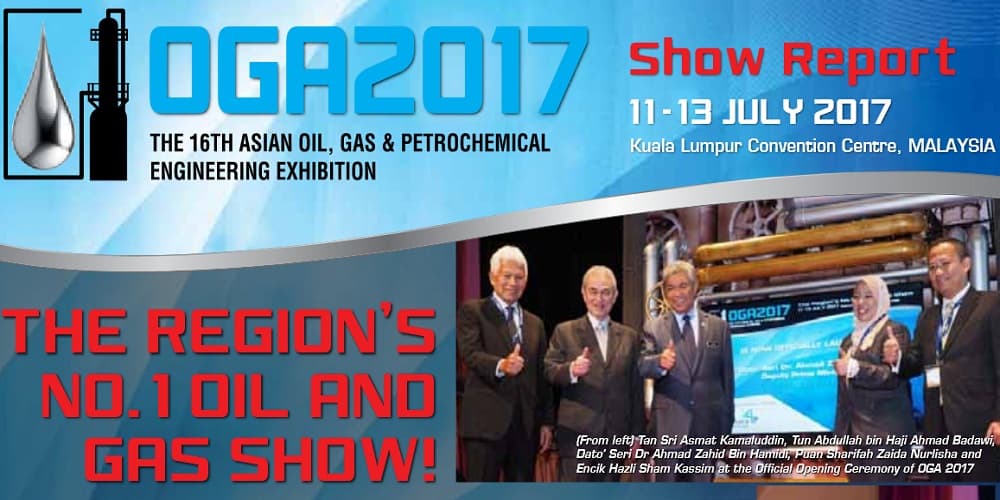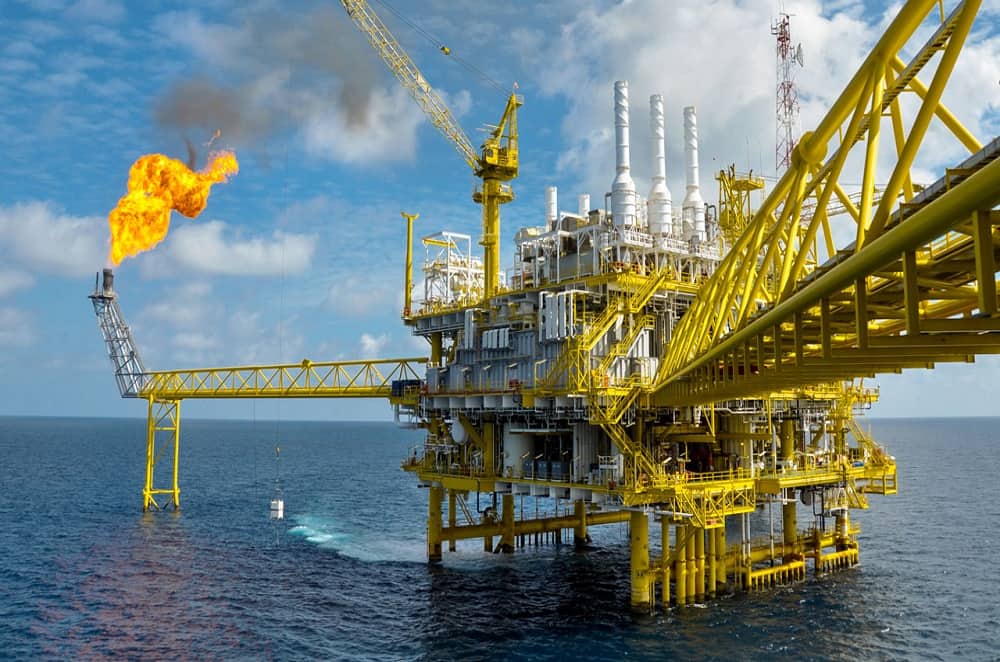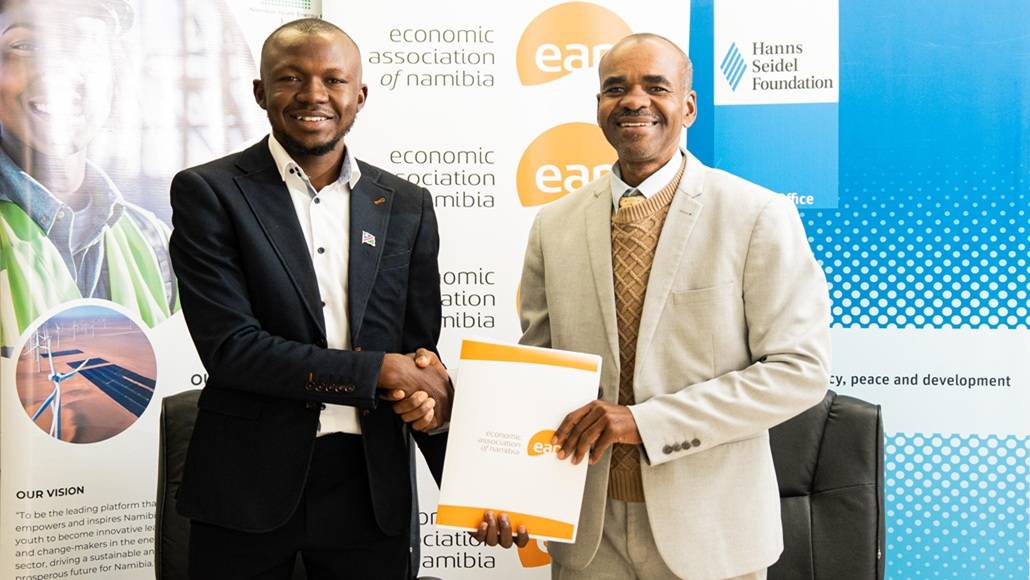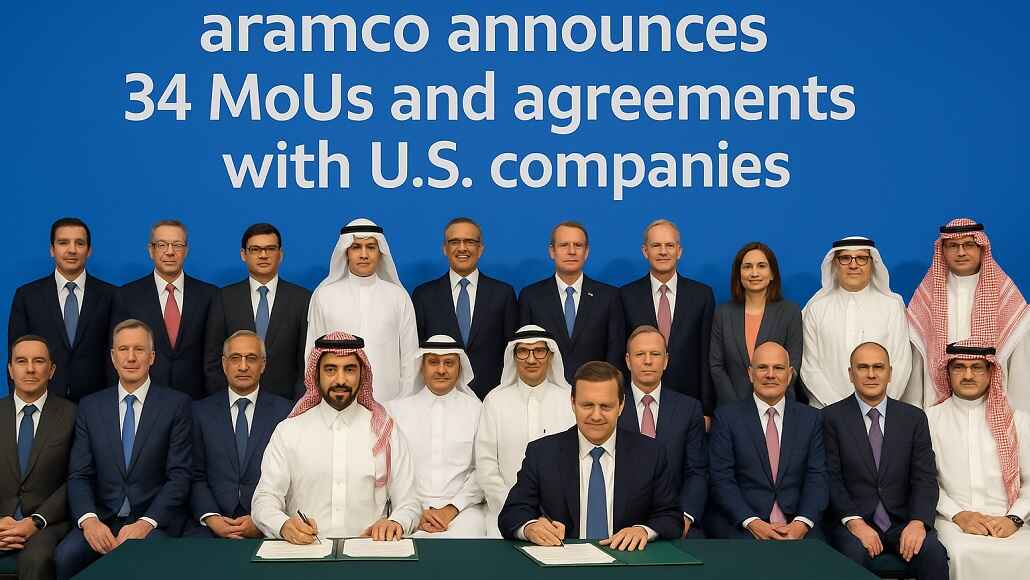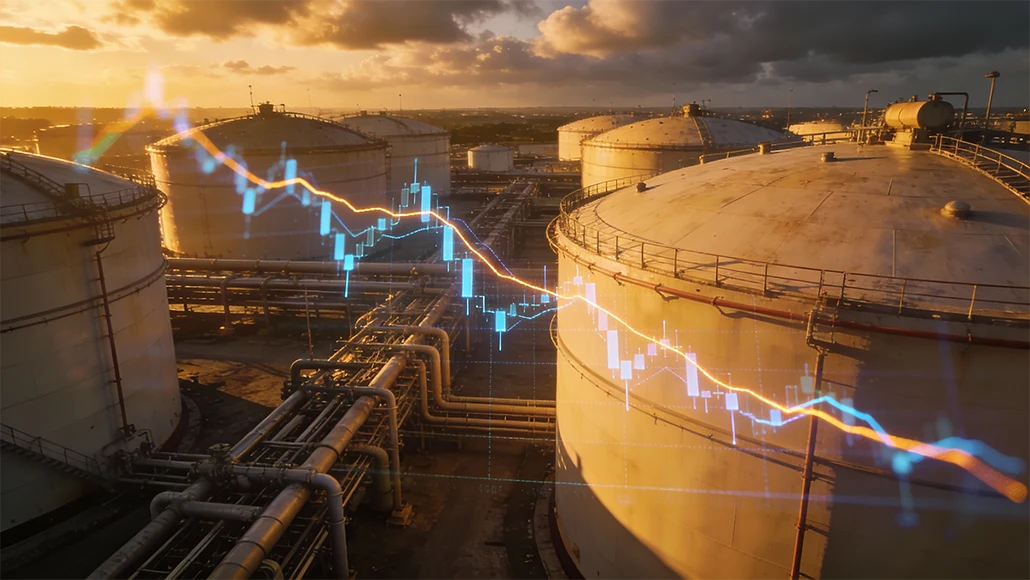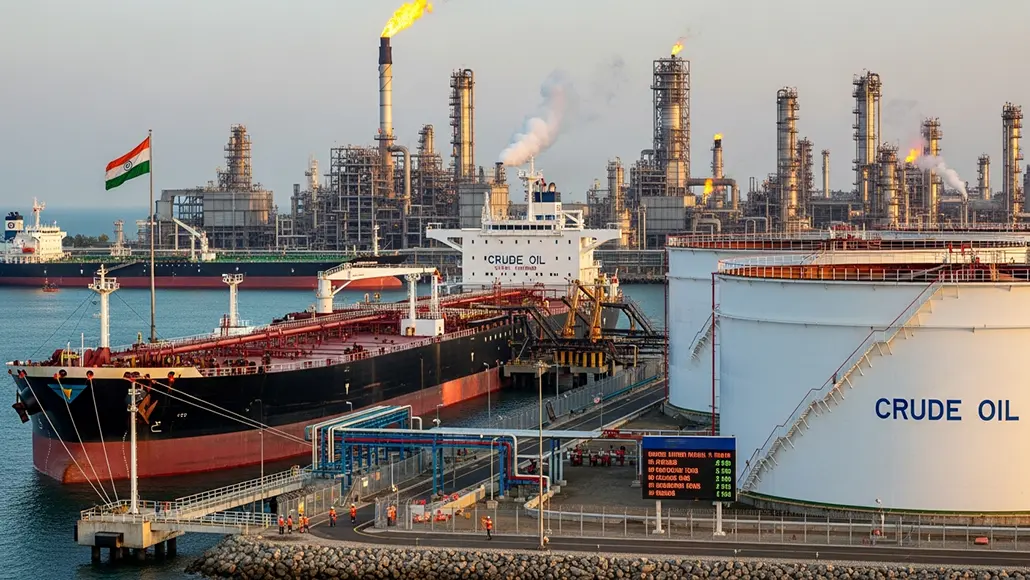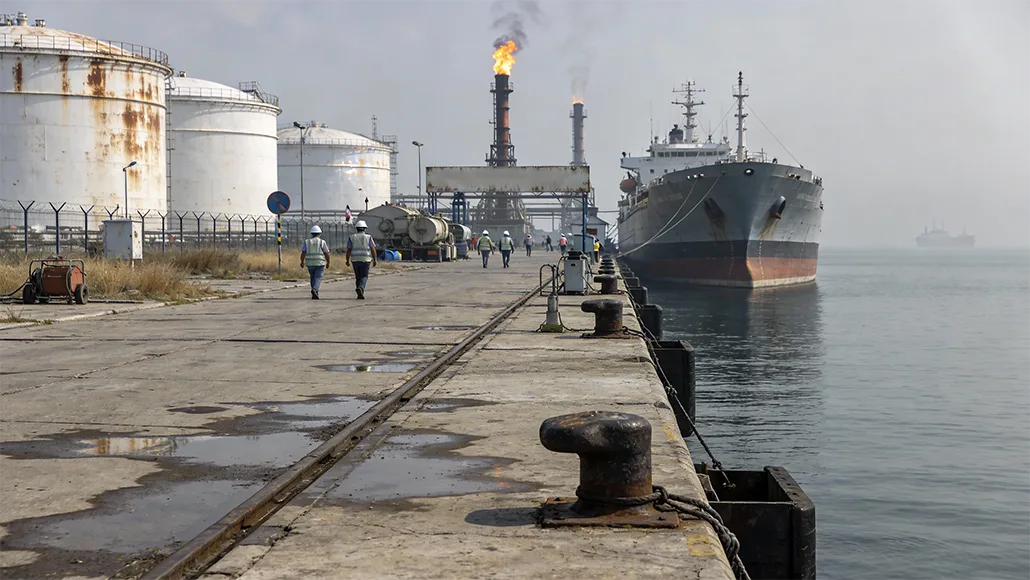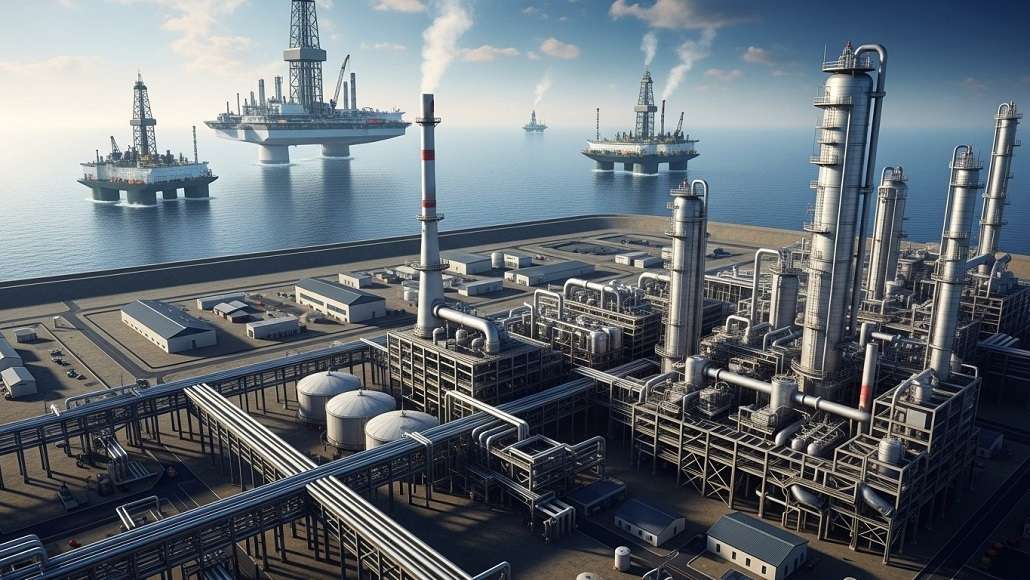The Organisation of Petroleum Exporting Countries (OPEC) predicts that if investment in the global upstream sector ceases, there would be a major oil market shortage of 23 million barrels per day (bpd) by 2030.
OPEC also indicated that to fulfil the need for energy, the world needs to spend a total of $17.4 trillion in oil-related projects by 2050.
At the 24th Nigeria Oil and Gas (NOG) Energy Week Conference and Exhibition in Abuja on Tuesday, OPEC Secretary-General Haitham Al Ghais made this announcement.
Al Ghais added that to fulfil the world’s expanding demand for energy, there has to be a big rise in investment in all types of energy. He stated that OPEC’s World Oil Outlook predicted that the world’s need for primary energy will rise by 23% between now and 2050. He noted that numerous things will cause this, such as population expansion, urbanisation, and economic development.
The global population is expected to rise from around 8.2 billion in 2024 to almost 9.7billion by 2050. This growth will be concentrated almost entirely in the non- Organisation for Economic Co-operation and Development (non-OECD) region.
Moreover, almost 1.9 billion people are expected to move to cities by 2050. This is equivalent to adding around 111 cities, the size of Lagos, or 452 cities, the size of Abuja, to the global urban landscape.
While this will challenge energy infrastructure, it also represents an opportunity to mitigate energy poverty for the estimated 675 million people who remain without access to energy, and the 2.3 billion who lack clean cooking fuels.
“These trends alone demonstrate that accelerating global energy progress will clearly require all energies, especially hydrocarbons,” he said.
Al Ghais said OPEC’s World Oil Outlook expected oil to retain the largest share of the energy mix in 2050, at almost 30 per cent, while oil and gas were expected to remain above 50 per cent between 2024 and 2050.
He said crucially, developing countries – many of which still faced energy poverty and limited access to finance – must be allowed to utilise their natural resources to benefit their economies and people.
This is why OPEC will continue to prioritise partnership to secure a balanced and stable oil market, especially through the Declaration of Cooperation and the Charter of Cooperation.
Technological advances improve performance across the entire oil industry value chain. This is why OPEC Member Countries and national oil companies are driving technological innovation, with thousands of patents granted to the oil industry each year.
“Innovation fuels progress, enabling cleaner, more secure, and more affordable energy solutions,” the OPEC Secretary-General said.


